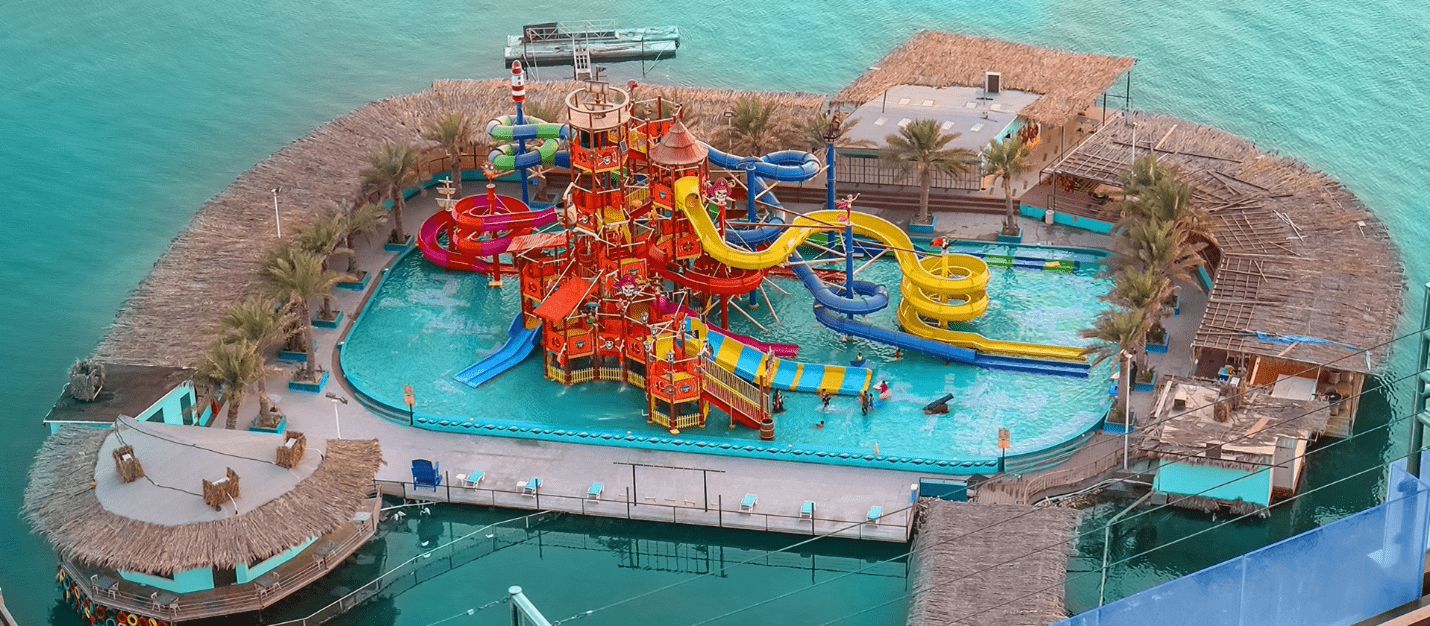Commercial Pools and Water Parks
Smart water automation in commercial pools and water parks involves integrating technology to enhance safety, efficiency, and overall management of water-related systems. Here are some key features and applications of smart water automation currently being provided by Hydrologic MGP Systems:
1. Water Quality Monitoring
Utilize sensors to continuously monitor water quality parameters such as pH, chlorine levels, and temperature.
Implement automated systems to adjust chemical dosages based on real-time water quality data.
2. Automated Filtration Systems
Integrate automation in filtration systems to optimize water circulation and filtration processes.
Implement variable speed pumps and automated valves for energy-efficient filtration.
3. Remote Monitoring and Control
Enable remote monitoring of pool and water park systems for real-time supervision.
Implement remote control capabilities for adjusting water parameters and managing equipment.
4. Safety Systems
Integrate automated safety systems, such as water level sensors and emergency shut-off valves.
Implement alarms and alerts for abnormal conditions, ensuring a quick response to potential hazards.
5. Energy Efficiency in Water Features
Implement energy-efficient technologies for water features, such as fountains and water jets.
Utilize automation to control the timing and intensity of water features based on foot traffic and usage patterns.
6. Automated Backwashing
Automate the backwashing process for filters to optimize cleaning cycles.
Use sensors to determine when backwashing is necessary based on water quality and flow rates.
7. Water Conservation
Implement automation to optimize water usage and minimize wastage.
Use sensors to detect leaks and automatically shut off water supply in case of abnormalities.
8. Guest Experience Enhancement
Implement smart lighting and water feature controls to enhance the overall guest experience.
Use automation to create synchronized water and light shows.
9. Water Temperature Control
Automate heating and cooling systems to maintain desired water temperatures.
Implement smart scheduling to optimize energy usage based on peak usage times.
10. Water Chemistry Data Logging
Implement data logging systems to track historical water quality data.
Use this data for trend analysis, reporting, and regulatory compliance.
11. User-Friendly Interfaces
Develop user-friendly interfaces, such as mobile apps or touchscreens, for easy monitoring and control by staff.
Provide alerts and notifications through these interfaces for quick responses to issues.
12. Maintenance Alerts and Predictive Maintenance
Implement automated maintenance alerts for equipment servicing.
Utilize predictive maintenance algorithms to anticipate equipment failures and schedule maintenance proactively.
13. Water Park Attractions Automation
Automate water park attractions such as slides, wave pools, and lazy rivers for efficient operation.
Implement sensors and controls to optimize the flow and timing of water features.
14. Compliance and Reporting
Ensure compliance with health and safety regulations for water quality.
Generate automated reports for regulatory bodies to demonstrate adherence to standards.
Smart water automation in commercial pools and water parks enhances operational efficiency, improves guest safety, and contributes to a more enjoyable and sustainable water recreation environment. It also enables facility managers to make informed decisions based on real-time data and reduces operational costs through energy-efficient practices.

